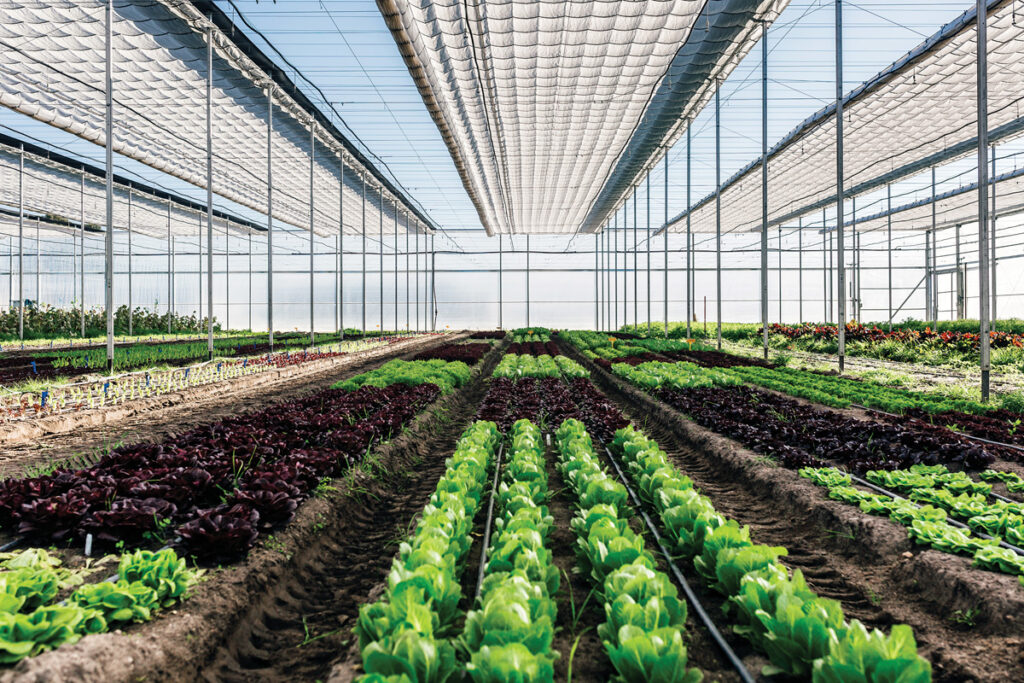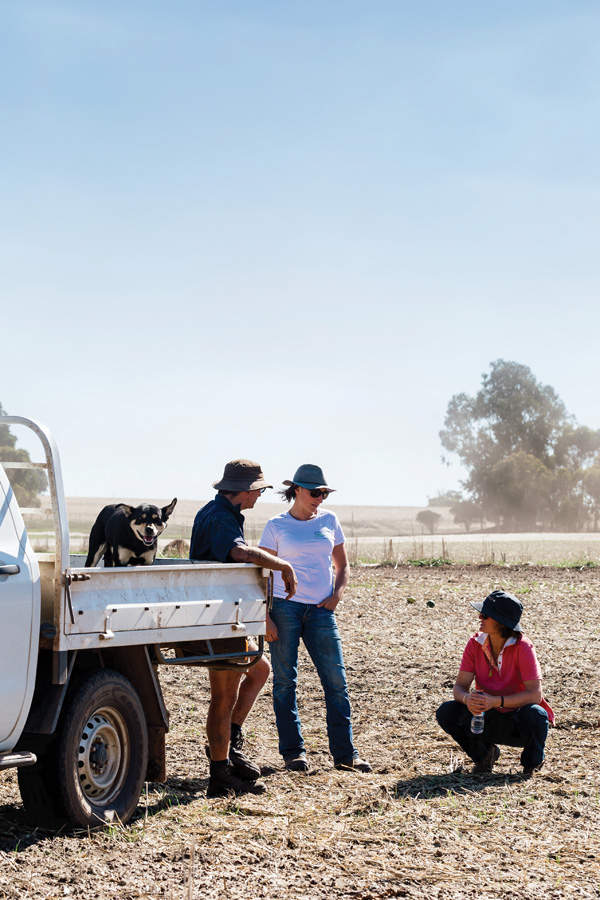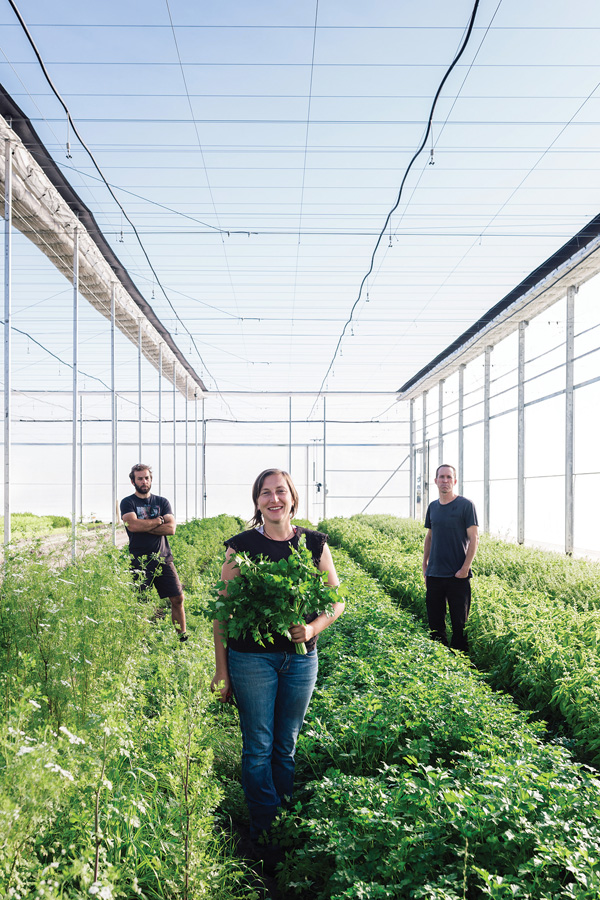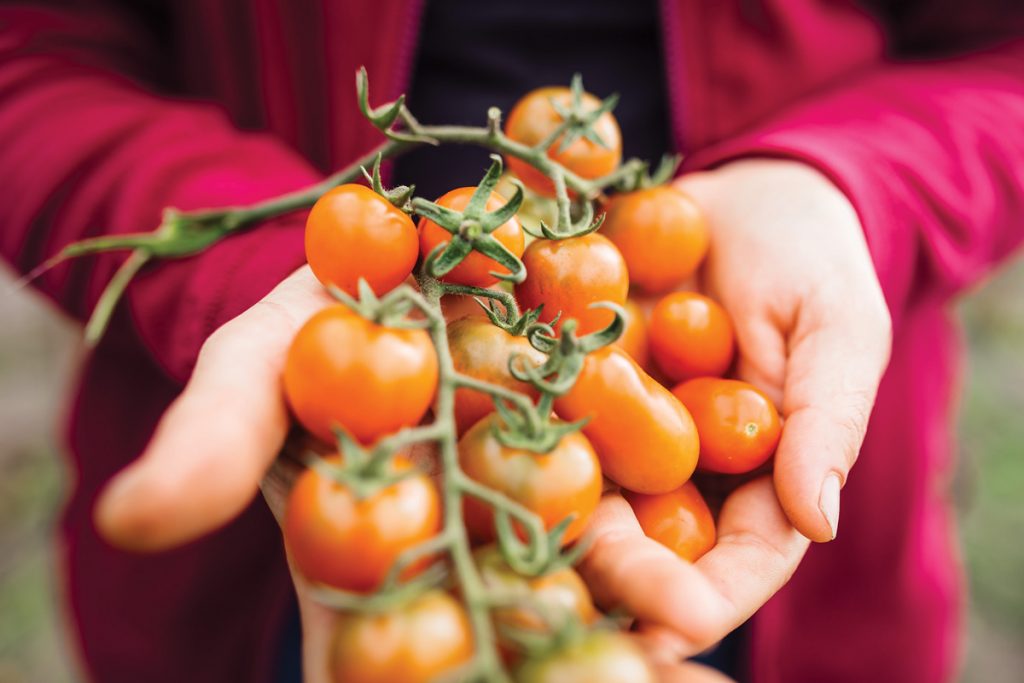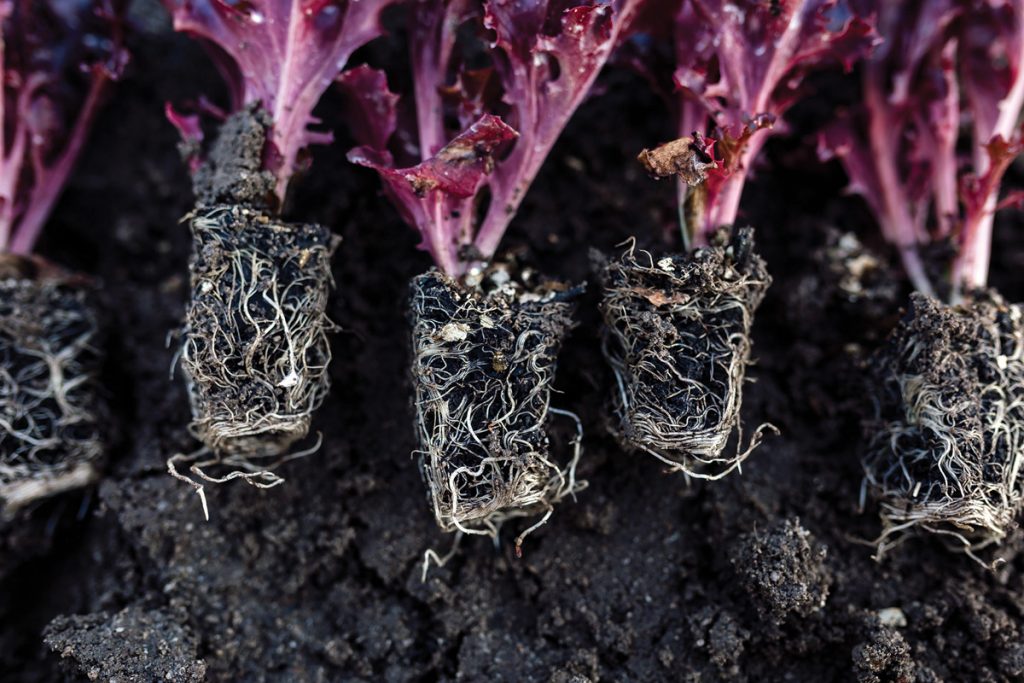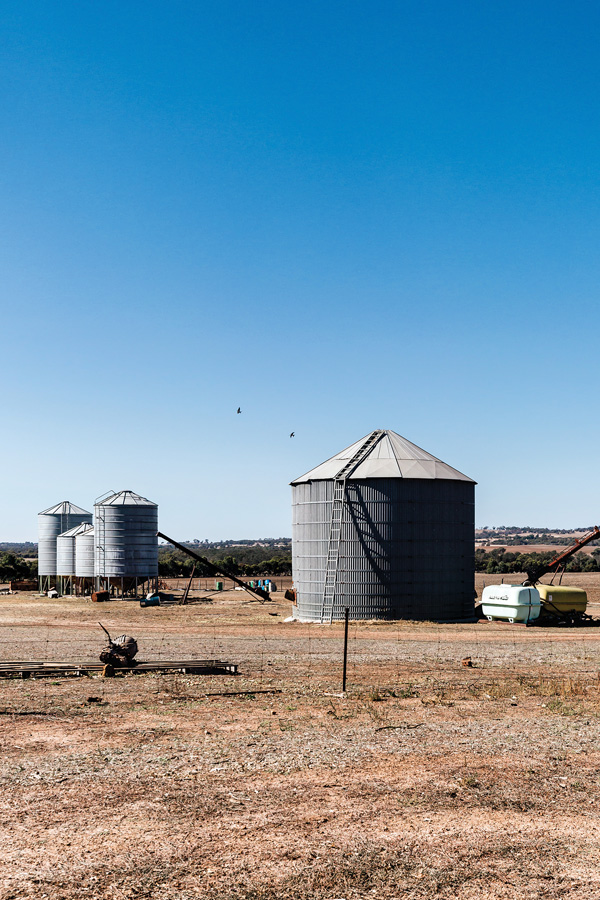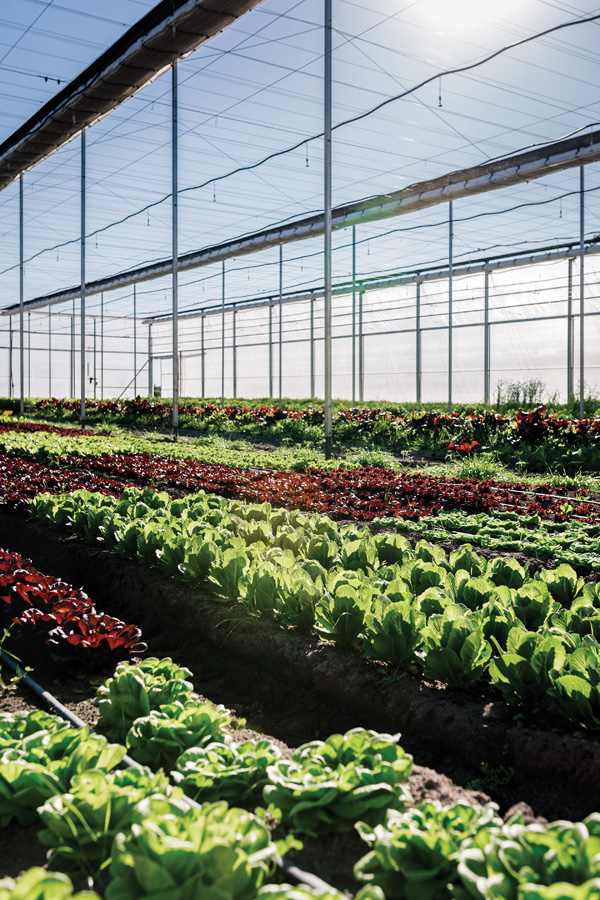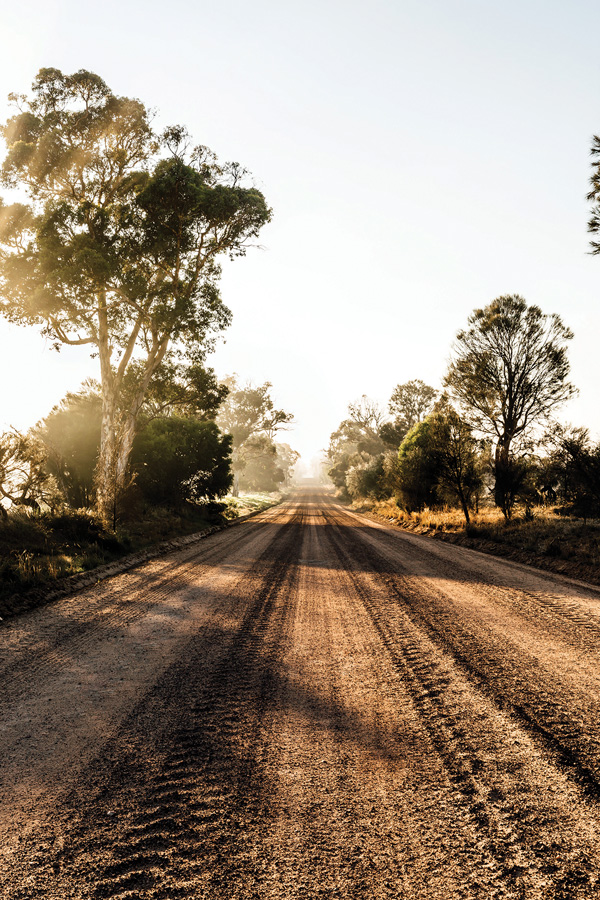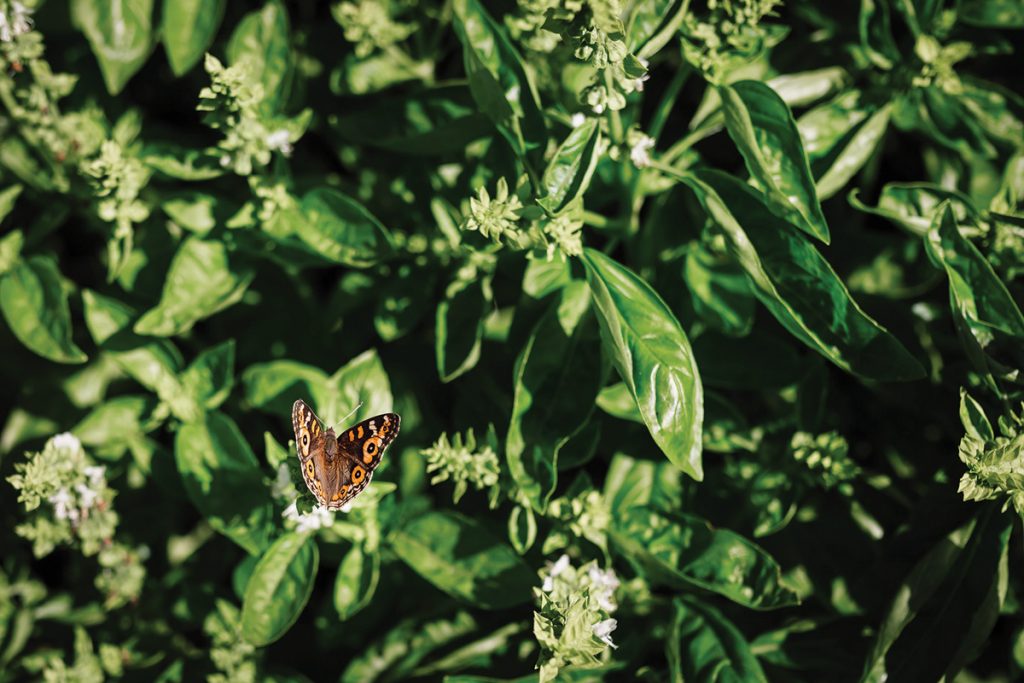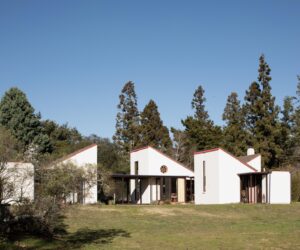Regrowth
Wide Open Agriculture is devoted to restoring the landscape and people of the West Australian Wheatbelt.
Environmental engineer Ben Cole has a singular talent for ethical business ideas that make a difference. His PhD was on market-based solutions to sanitation in developing countries, and while living in Hanoi, Vietnam, he created a line of anti-pollution masks for moped riders, selling the company to a local businesswoman when he left.
So in 2012, when he moved with his wife to her family farm near Narrogin in the West Australian Wheatbelt, he started looking around for ways to make a difference. Wide Open Agriculture (WOA), which he co-founded with Anthony Maslin, was the result.
Moving to the country was an opportunity to give the couple’s two young boys a free-range childhood, riding their bikes without fear of traffic and benefiting from all the open-air learning that comes with life on a working farm.
But the Wheatbelt – a vast area the size of the UK, with a population of just 75 000 people – has changed greatly in recent decades. It will always be an ancient and beautiful landscape with big skies shaded by salmon gum, wandoo and mallee trees. But its soil and water reserves have been significantly altered by intensive farming, and limited employment opportunities mean its scattered communities struggle to thrive.
“The farmers got it right when they first came here, focusing on livestock and cereal crops,” says Ben. “But in recent decades farms have needed to go big or get out to survive. Larger farms employ fewer workers, which impacts on local communities. And the environment can’t sustain those systems. While many of the farms around here would have once been organic in all but name, that has been lost in the drive towards efficiency.”
Creating viable employment opportunities is the only way these small towns will keep their young people from moving to the city, or lure back home the ones with growing families.
WOA now grows spray-free tomatoes, capsicums and other veggies in vast Canadian-designed shade houses, which turn a harsh climate into one that’s great for growing. Beehives and native perennials aid pollination, while green manure enriches the soil. “It’s about using nature’s services and aligning to the things that are given to you for free,” says Ben.
Key to WOA’s journey has been its relationship with Commonland, a Dutch organisation that funds landscape regeneration based on four returns: financial, natural (restoring biodiversity and soil and water quality), social (creating jobs, education and business opportunities) and inspirational. “Anthony and I were intrigued by the idea of creating a business that delivered all four returns,” says Ben. “We could see that horticulture was the answer because it’s a job creator – you need a lot of people to run it.”
As well as providing local employment, WOA is passionate about promoting the Wheatbelt and its people, tapping into a growing consumer interest in provenance.
“Farmers are incredibly talented, but so caught up in staying afloat that marketing and other growth activities don’t get the time they need. Consumers don’t realise how hard they work to produce our food. We want to reconnect consumers to a way of farming that people believe in,” says Ben. All this effort, it is hoped, will draw people to the Wheatbelt, as both residents and visitors.
The future looks promising. There’s the sturdiness of Commonland’s framework, tested around the world. The confidence of a sell-out share offering and recent listing on the Australian Securities Exchange – many bought by those in the region. Fresh veggies on sale in local general stores. And in the town of Williams, home to WOA’s office, it’s the appearance of new faces that shows things are on the up.
“We’ve had people from all over the world working for us. Recently we had a long table of Dutch, Australians and New Zealanders, all talking about regenerative farming,” says Ben. “And when the WOA team goes for Friday night drinks, we help to grow the numbers in the local pub. That has to be a good thing.”
